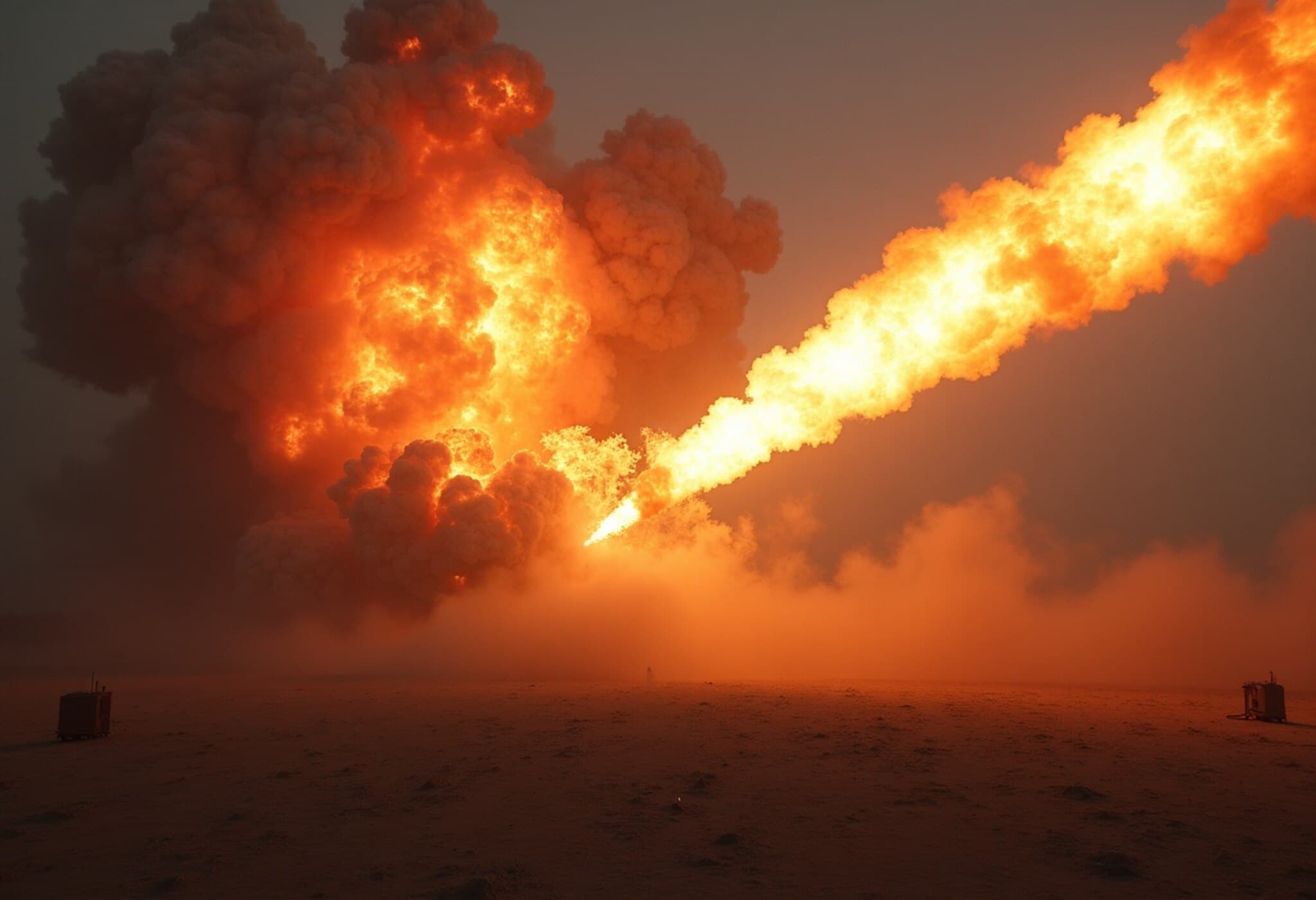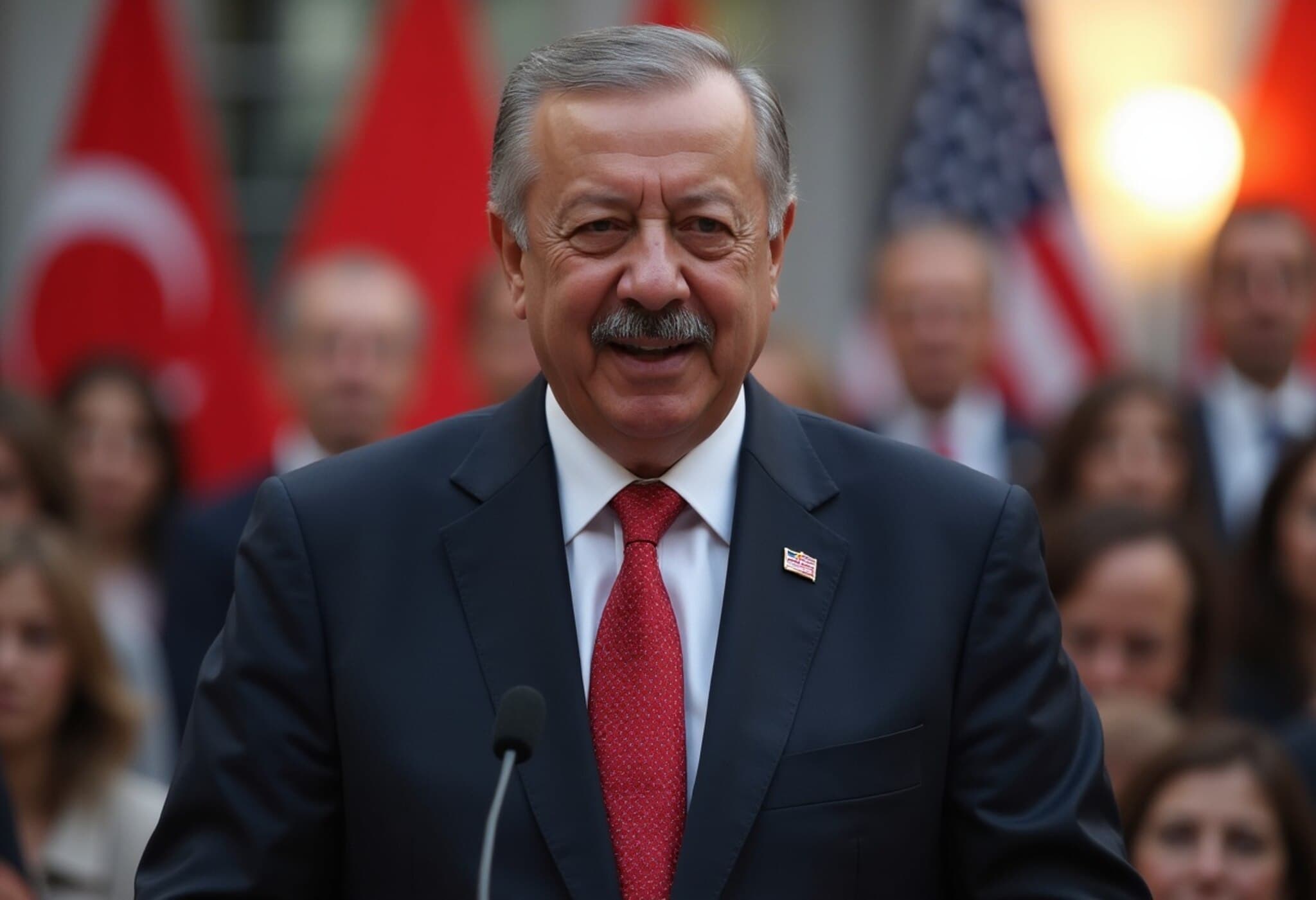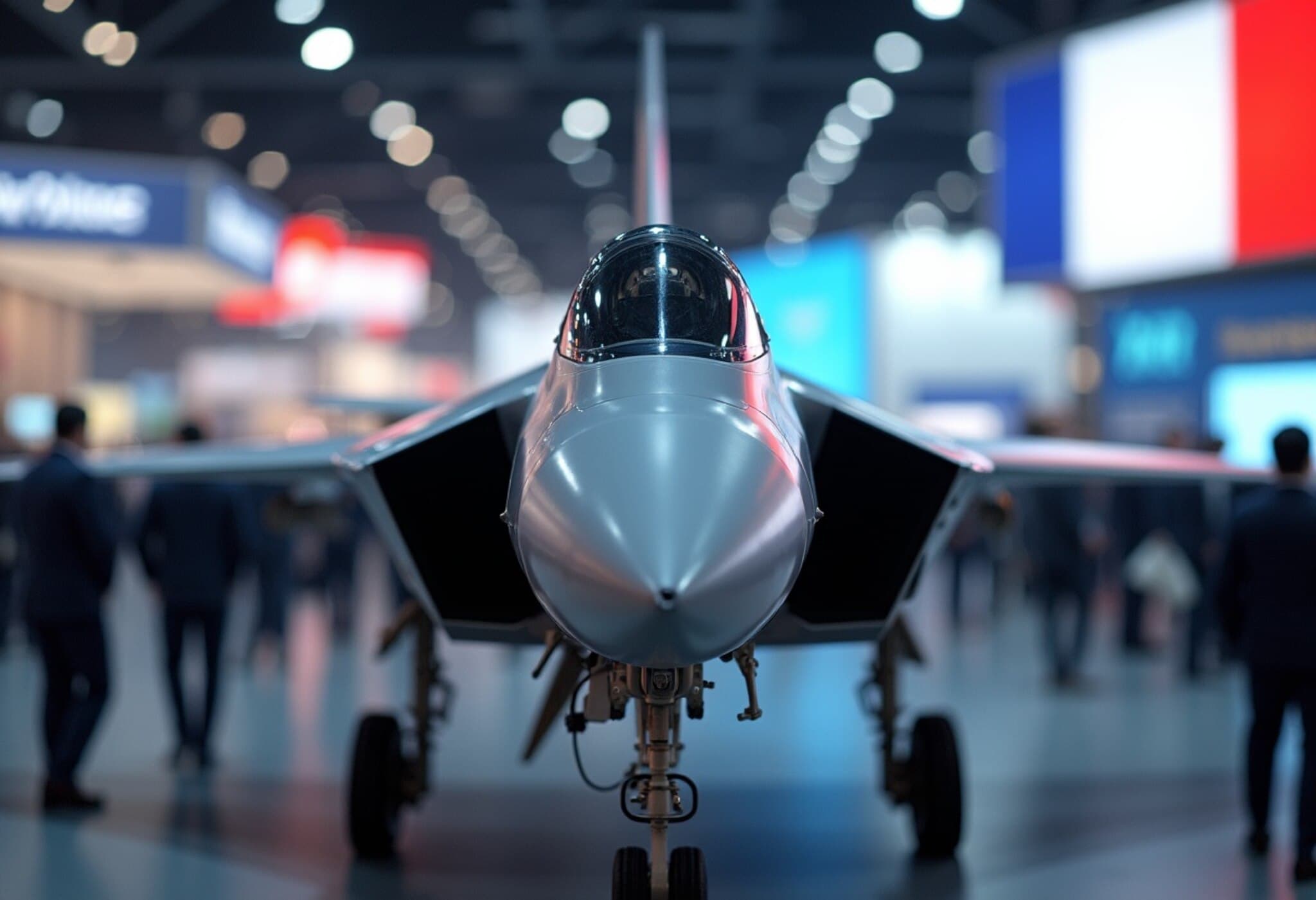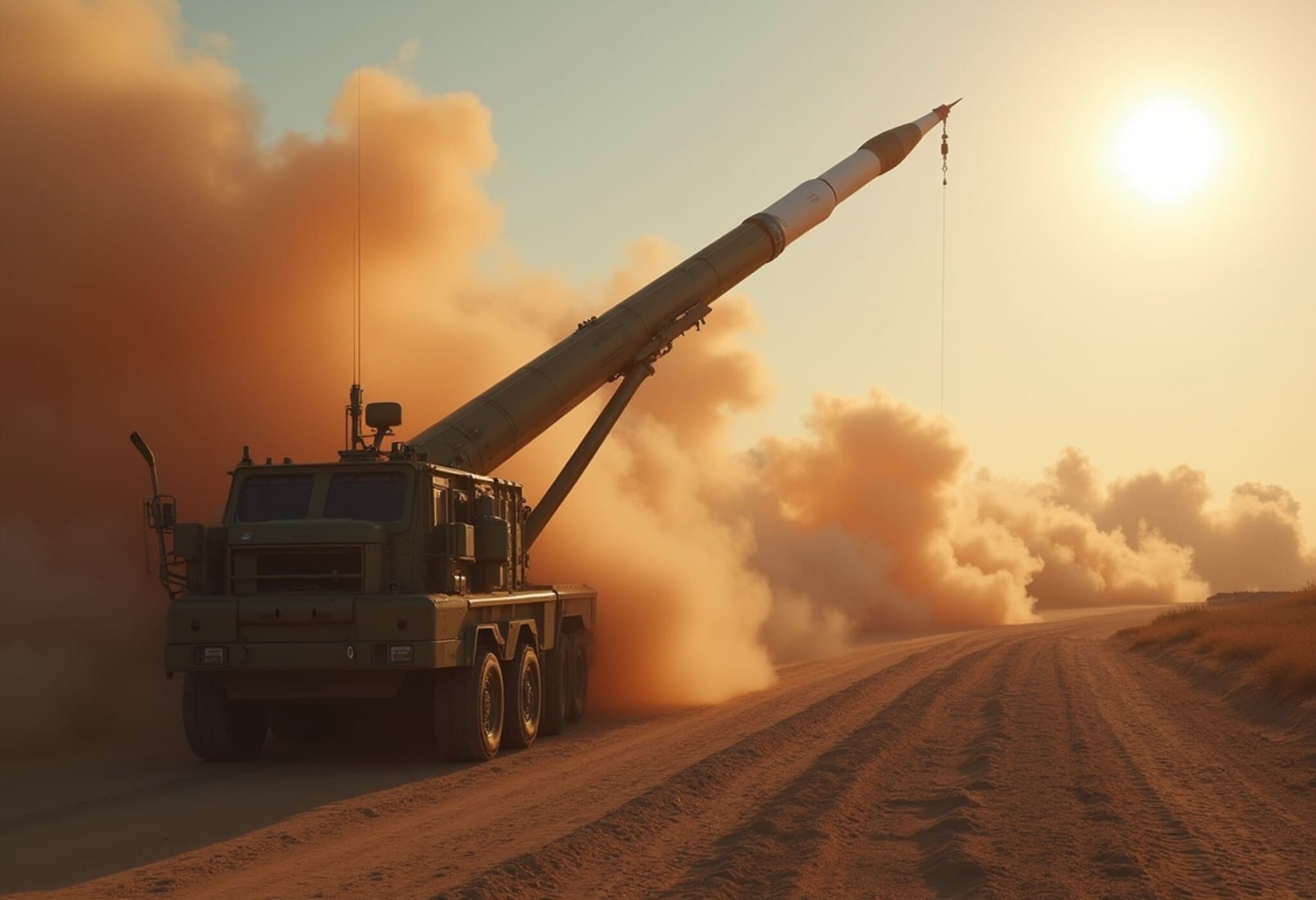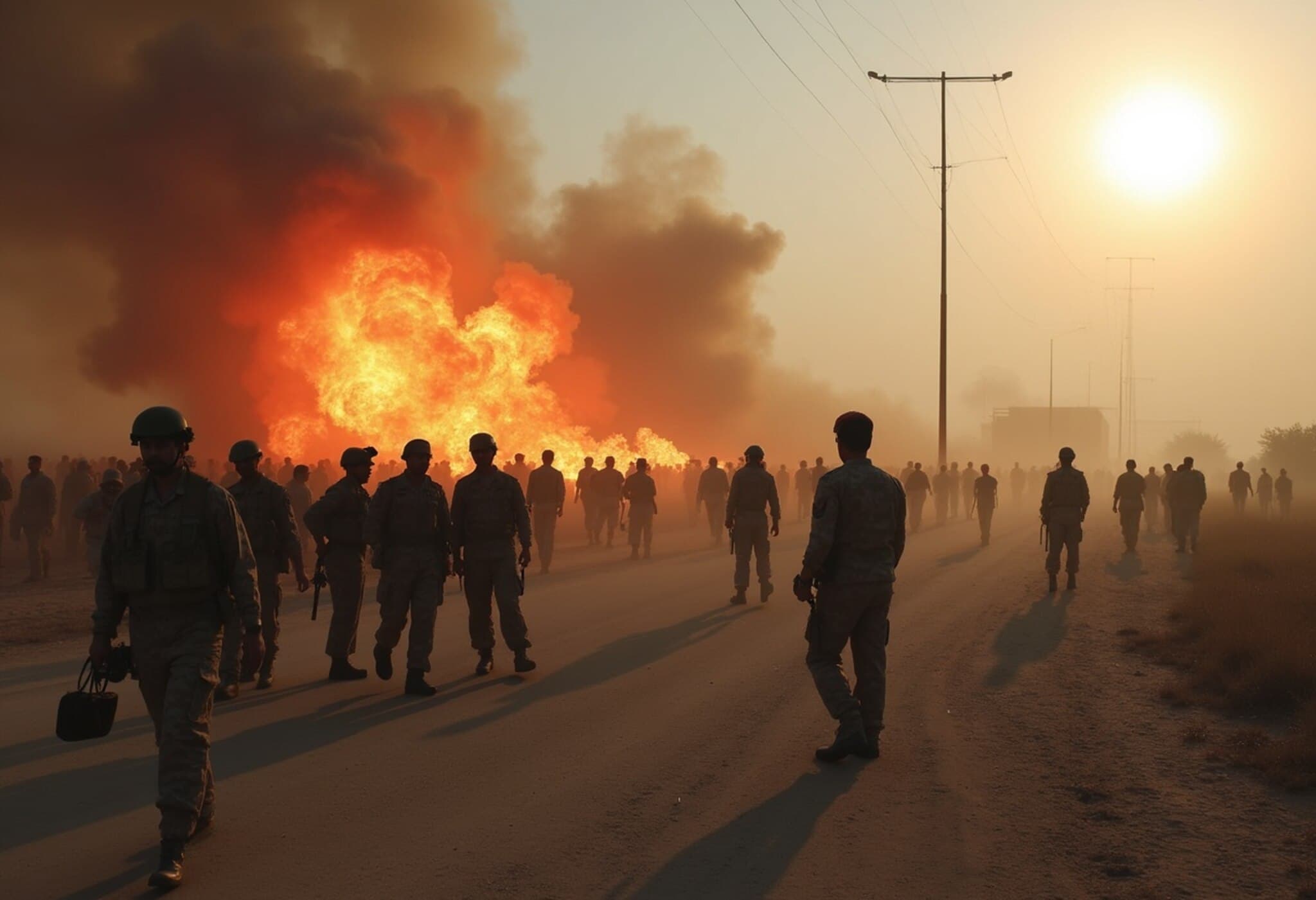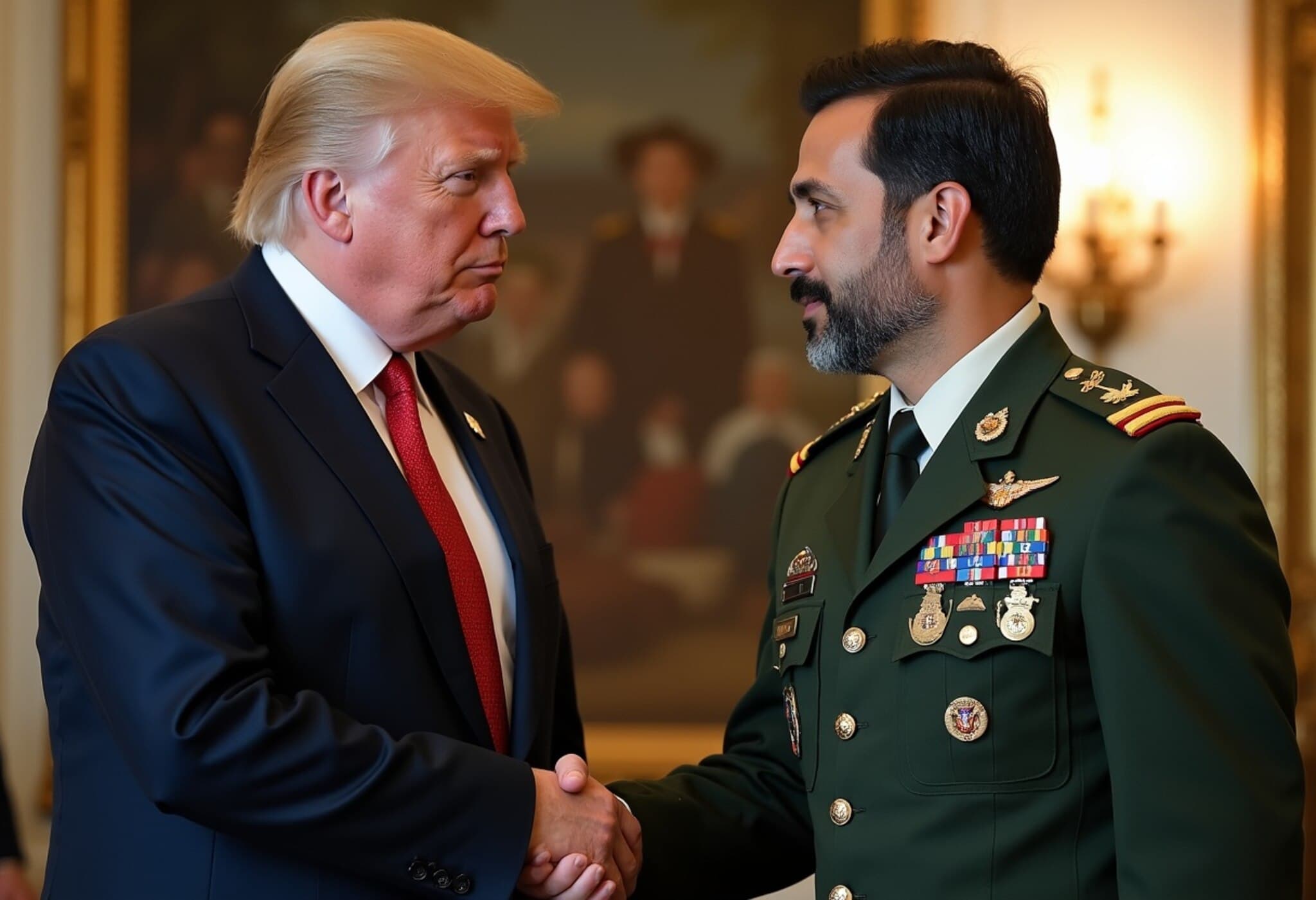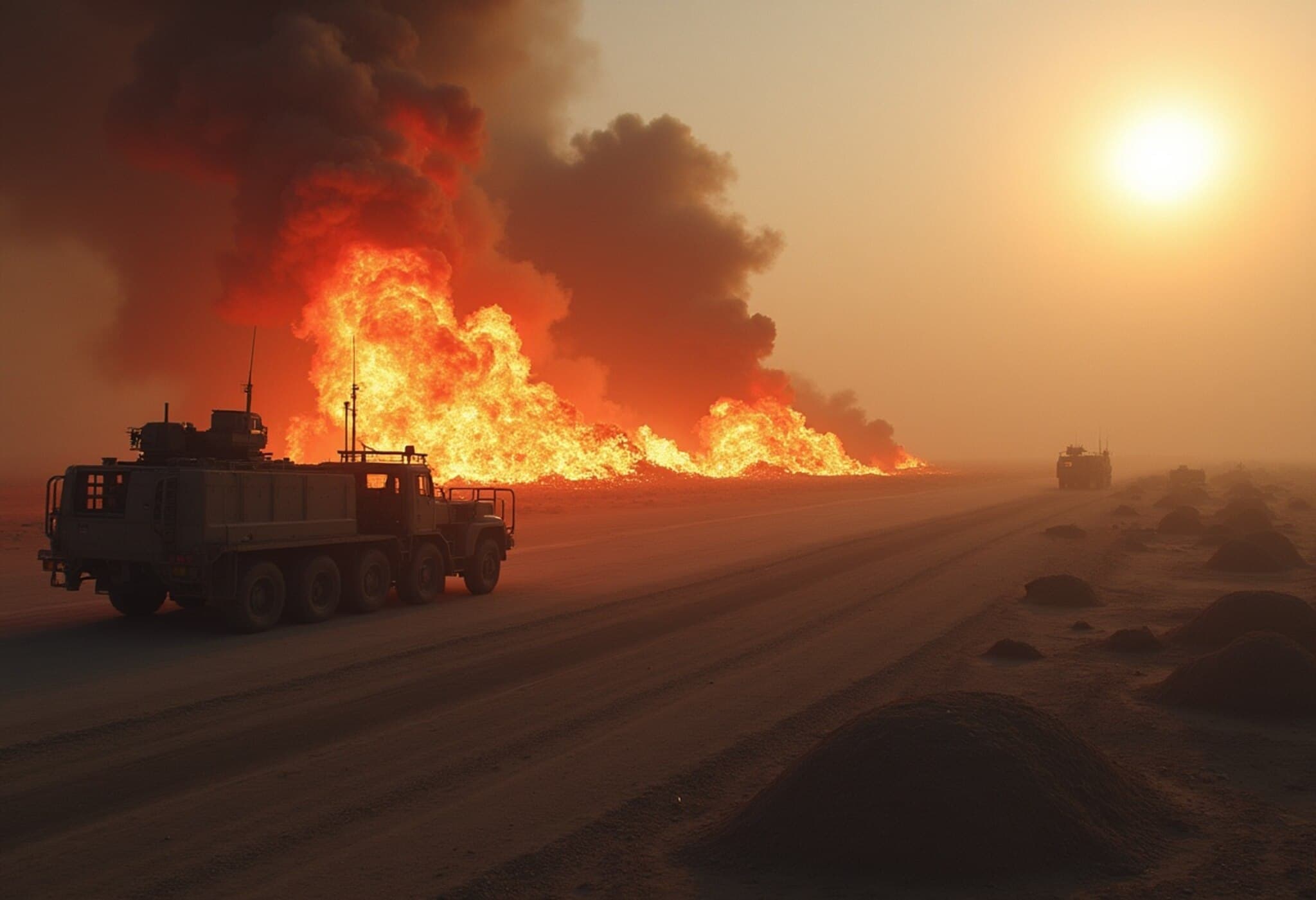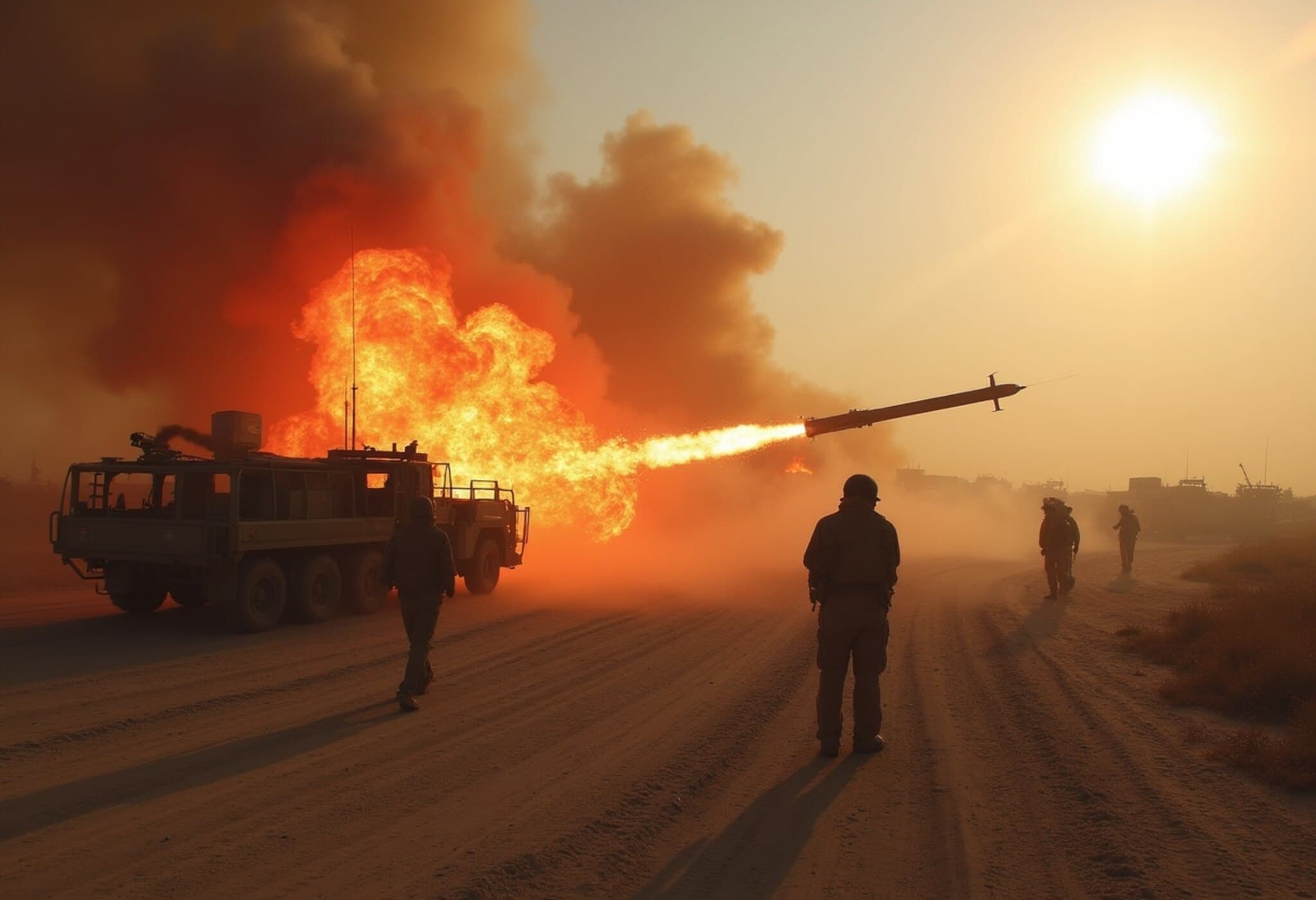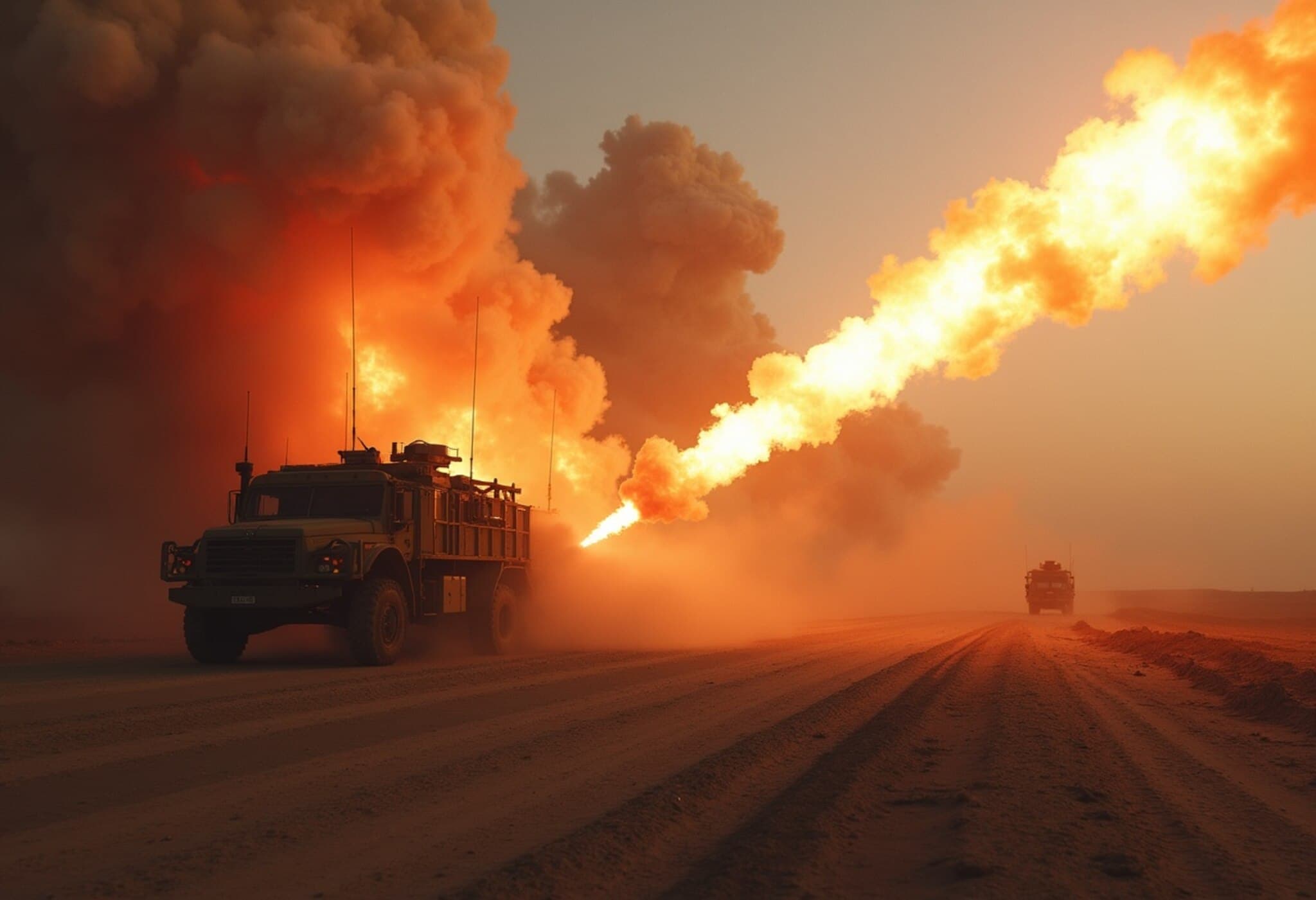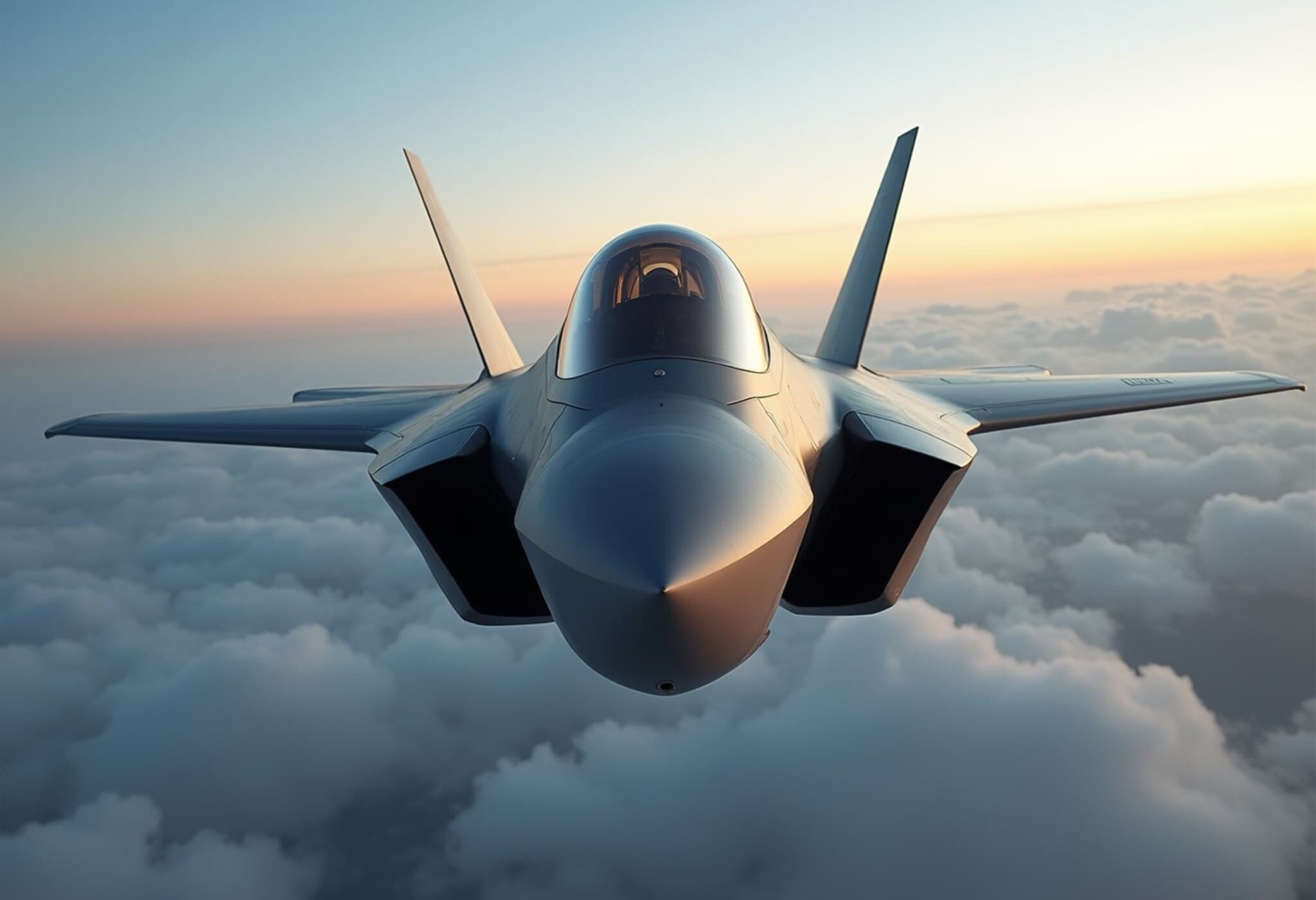Pakistan’s Nuclear Strength Under the Spotlight
Amid escalating tensions between Iran and Israel, Pakistan’s nuclear capabilities have drawn fresh attention. Recently, an Iranian military official asserted that Pakistan would retaliate with nuclear force if Israel were to launch a nuclear strike against Iran. This claim, however, has been firmly denied by Pakistan.
What Did Iran’s Mohsen Rezaei Say?
Mohsen Rezaei, a key member of Iran’s National Security Council and a general in its Islamic Revolutionary Guard Corps, stated during a televised interview that Pakistan assured Iran of its nuclear support. According to him, if Israel uses nuclear weapons on Iran, Pakistan would respond in kind against Israel. This bold statement came amid ongoing missile exchanges between the two nations, which have resulted in over 248 deaths—230 in Iran and 18 in Israel.
Pakistan’s Nuclear Arsenal at a Glance
Though Pakistan denied Rezaei’s claim, the country’s nuclear capability remains a critical factor in South Asia’s strategic balance. Experts estimate Pakistan possesses between 100 and 120 nuclear warheads, designed for delivery via both aircraft and land-based missiles.
- Delivery Systems: Warheads can be launched from fighter jets or missile platforms including the Ghori, Shaheen, and Ghaznavi missile systems.
- Warhead Material: Pakistan’s arsenal primarily uses highly enriched uranium (HEU), produced at key facilities in Kahuta and Gadwal within Punjab province.
- Storage Practices: It is widely believed that during peacetime, nuclear warheads are stored separately from their delivery vehicles—a standard safety protocol—although this has not been officially confirmed by Pakistan’s Strategic Plans Division, which oversees its nuclear arsenal.
- Estimated HEU Stockpile: As of 2014, Pakistan was thought to have between 2.7 and 3.5 tonnes of HEU dedicated to military use.
Context: Nuclear Deterrence and Regional Dynamics
Pakistan’s nuclear program has often been referenced amid geopolitical tensions in the region. Earlier in April 2025, Pakistan’s Minister Hanif Abbasi openly threatened India with nuclear retaliation, emphasizing that Pakistan’s arsenal—estimated then at around 130 nuclear warheads—is maintained primarily as a deterrent against India.
The renewed focus on Pakistan’s nuclear strength comes as Middle East hostilities intensify, spotlighting how nuclear deterrence claims play into broader strategic signaling across multiple regions.

